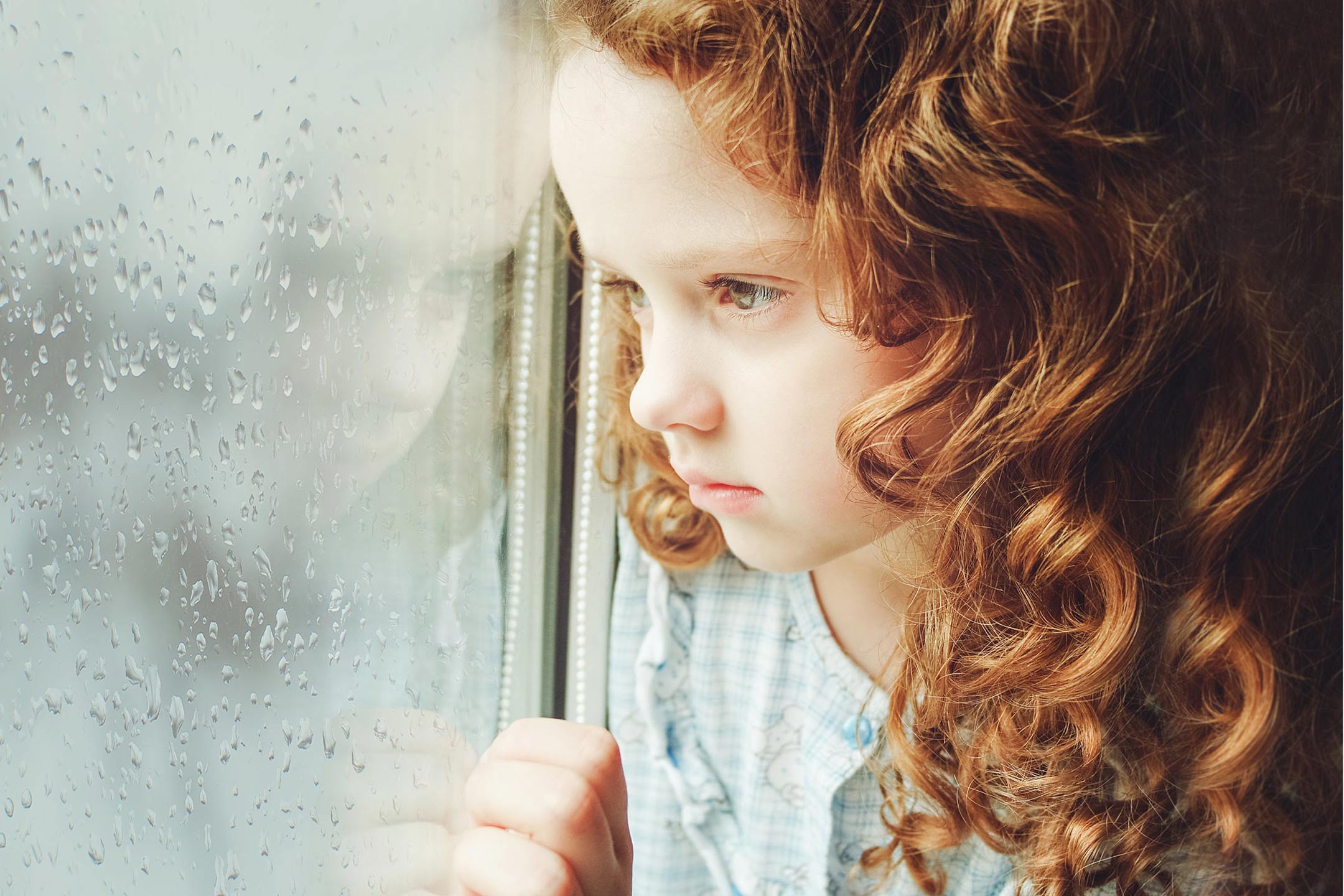
05 Dec Why children with a parent in prison say they need to be heard
A new report from Monash University, supported by the national charity SHINE for Kids, reveals the firsthand experiences of children with a parent in prison. For the first time in over a decade, their voices are being heard, shedding light on their challenges, needs, and desires for better support.
Children Speak Out: What They Need and Want
An estimated 40,000 children in Australia have a parent in prison on any given day, yet they remain largely unrecognized. The report, Living with a parent in prison: Learning from young people, emphasizes that there is no formal system to identify or assist these children, leaving many to navigate complex emotions and situations alone.
“Opportunities to identify and support children are being missed from the time of a parent’s arrest right through to sentencing and at school,” said SHINE for Kids CEO Julie Hourigan. “This report highlights these missed chances by sharing children’s reflections on the people they wish could have better understood or helped them.”
Key Voices and Missed Opportunities
Children aged 11 to 15 shared their stories through focus groups, revealing the gaps in support and understanding they face:
- On School and Teachers: One child spoke about the struggle of being in class without the teacher’s awareness of their situation: “[If] your parent is in jail, and the teacher doesn’t know, and they ask you to answer a question and you weren’t listening … they could just go on to someone else … instead of saying ‘you should have paid attention.’”
- On Police and Arrests: Another child pointed to the trauma of witnessing their parent’s arrest: “One thing that would be helpful is probably [Police] taking that kid into the room talking to them … and keeping their mind off the fact … so that kid doesn’t have to see [their parent arrested].Advertisement
The Burden on Extended Families
The report also confirms previous findings that when a parent is incarcerated, it is often the extended family that steps in to provide care. However, these families frequently lack the resources and support needed to manage this responsibility.
“I was in and out of foster care. And my uncle, he’d take me now and then, when he can. But he’d put me back in [Foster Care],” one child explained, illustrating the instability that many experience.
Call for Policy Changes and Increased Support
Associate Professor Catherine Flynn of Monash University emphasized that the children’s perspectives echo long-standing calls for systemic support from the moment of a parent’s arrest. Educators, police, and social services could play a significant role in recognizing and responding to these children’s needs to alleviate stress on families.
“The children have said they want to be treated with respect and be better understood by the people they come into contact with during this difficult time,” Ms. Hourigan added. “It’s not a large ask.”
The findings from this report serve as a reminder that the voices of children with incarcerated parents must be included in research and policy-making. By listening to them, policymakers and support systems can create informed changes that ensure these children are seen, recognized, and supported during one of the most challenging times in their lives.
Please find the full report here and a summary of the findings and recommendations here.




